Brexitland: Identity, Diversity and the Reshaping of British Politics
£9.90£11.40 (-13%)
Long-term social and demographic changes – and the conflicts they create – continue to transform British politics. In this accessible and authoritative book Sobolewska and Ford show how deep the roots of this polarisation and volatility run, drawing out decades of educational expansion and rising ethnic diversity as key drivers in the emergence of new divides within the British electorate over immigration, identity and diversity. They argue that choices made by political parties from the New Labour era onwards have mobilised these divisions into politics, first through conflicts over immigration, then through conflicts over the European Union, culminating in the 2016 EU referendum. Providing a comprehensive and far-reaching view of a country in turmoil, Brexitland explains how and why this happened, for students, researchers, and anyone who wants to better understand the remarkable political times in which we live.
Read more
Additional information
| Publisher | Cambridge University Press (15 Oct. 2020) |
|---|---|
| Language | English |
| Paperback | 410 pages |
| ISBN-10 | 1108461905 |
| ISBN-13 | 978-1108461900 |
| Dimensions | 14 x 2.62 x 21.59 cm |

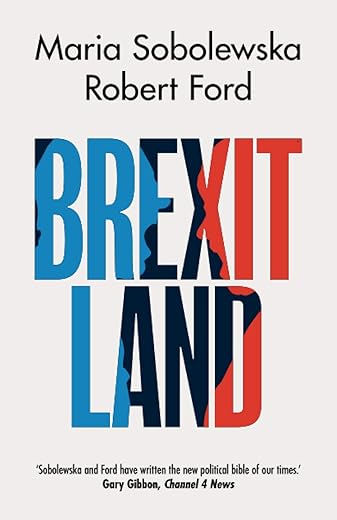

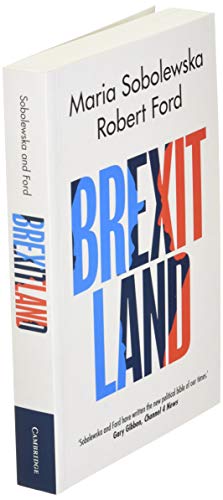

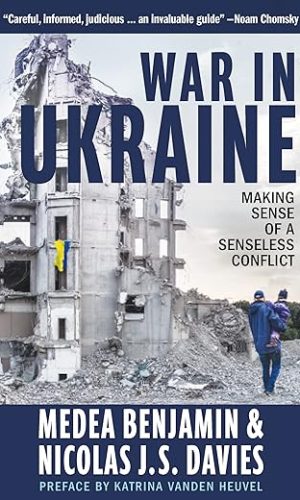
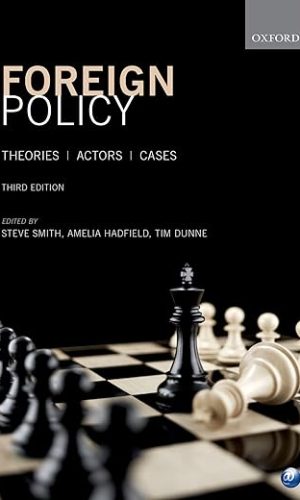
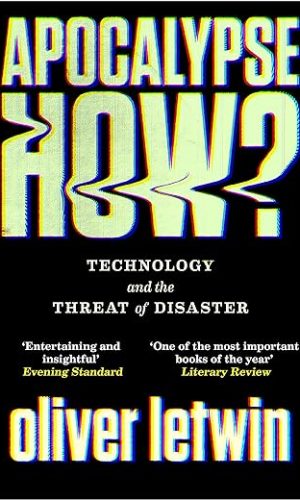
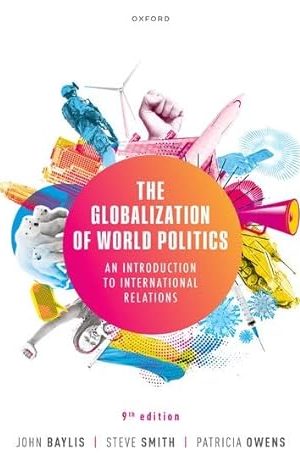
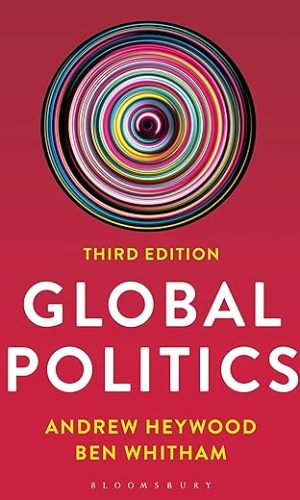


by Callum
Very interesting thesis explaining how British politics got to where it is now, namely “Brexitland” with the country divided into new tribes that are derived from social and cultural liberal/conservatism and transcend the class divides the main political parties are currently aligned around.
The book also interestingly considers where these trends may lead us in the future with interesting and arguably unexpected forecasts. Well worth a read.
by iain m.
I wanted to try to understand how we’ve got into the statr we are in. This book has helped me do just that. Written in clear prose, it presents a very plausible explanation of the changes in the UK’s political landscape from the end of WW2 until now. Highly recommended.
by Ken Bell
Porfirio Diaz, the man who dominated Mexican politics for a generation until his downfall in 1910, once remarked that nothing ever happened in his country until it happened. What he meant was that there has always been an enormous time lag between cause and effect in Mexican politics and in the book Brexitland, Maria Sobolewska and Robert Ford show that the same is true of Britain. In doing so they have also managed to demolish the myth that is now an article of faith in Guardian-reading circles that nobody was bothered about the EU until a couple of years before the 2016 referendum. What the authors demonstrate rather well is that many issues that were of importance to the population were suppressed by the main political parties from just after the Second World War. Viewed in that light, Brexit is about more than just leaving the European Union: it is shorthand for a lot of long standing factors that have led to a new political division in Britain.
Immigration, of course, is the most important factor and for that reason several chapters of Brexitland are devoted to it. Starting in 1948 when the great and the good created a nationality act which allowed Commonwealth citizens to settle freely in the UK, the aim was to tie the fully independent White Commonwealth states to their mother country and to create an Anglosphere long before that word was even coined.
What nobody realised was that New Commonwealth people would take advantage of this liberalism, even though as their countries were not independent at that time they did not need this legislation. As Sobolewska and Ford point out, both parties supported immigration even when it became obvious that many of their traditional supporters did not.
The opposition to that policy, begun in places like Smethwick in 1964, continuing on via Enoch Powell’s Rivers of Blood speech in 1968 and culminating, possibly, with Margaret Thatcher’s 1978 comment about people being afraid of being swamped by new Commonwealth immigrants certainly helped the Tories acquire a reputation in the public mind as the party that was sounder on immigration than Labour. However, as Edward Heath proved when he decided to allow around 30,000 Ugandan Asians to enter the country, that soundness was often more in word than deed.
As the country moved into the 21st century, with Labour allowing a major influx of Eastern Europeans into the country and many of them settling in areas that had no previous experience of immigration, the people woke up to the fact that neither party was prepared to speak for them on that issue, so they began to support Nigel Farage and UKIP.
Other factors were in play, such as the growth of the university sector, which led to many inner city areas becoming home to students and graduates who often made common cause with ethnic minorities to create a new voting core for Labour. That new core strategy was based on the gamble that the party’s traditional, collectivist, industrial working class voters would stay onside as they had nowhere else to go, but UKIP proved the flaw in that argument. As the authors also make clear, the new core was not as tribally loyal as the old one had been and was quite willing to dump Labour if they disagreed with particular party policies.
Out of all this churning, new identities were created, and a new political division was created. The referendum campaign with its binary choice, forced people to choose one side or the other and having made their choice they often found that they had more in common with people on their side of the referendum debate than they had with the parties that they had once identified with.
Leading on from that, as the authors do, we can see that the referendum campaign made people aware of this new division as well as helping to shape it. Britain had “two new tribes aware of who they were, what they stood for and what they opposed,” at the end of it.
A good example of this in action is not included in Brexitland, probably because it happened too late for inclusion. During the European election campaign in 2019, Featherstone Working Men’s Club in Yorkshire played host to a Brexit Party rally. One of the main speakers was Anne Widdicombe, arguably one of Thatcher’s more ghoulish ministers, who was nicknamed Doris Karloff back in the day. The club’s members, men who had stood on the picket lines during the miners’ strike of 1984/85, cheered her to the echo much to the utter disgust of the Guardian.
The 2016 referendum was very much the victory of one identity, which was the geographically rooted, socially conservative, but often economically radical section of the population against the Metropolitan, white collar graduate element. Although the authors do not quote Theresa May she may have had a point when she spoke about people from somewhere clashing with people from nowhere.
Brexitland is a heavyweight, academic text that should be essential reading for anyone who wishes to understand this new political alignment in Britain and how it came about.
( A version of my review first appeared in The Brazen Head, an online literary and political quarterly journal.)
by Matt P
I found this gripping and so illuminating, not just about Brexit but also about the social and political changes in the UK over the last 70 years. I’ve found it incredibly helpful in thinking about the current state of politics which has been so tumultuous in recent years.
There are quite a few graphs so I bought the paperback rather than the Kindle.
by Dr M Milne
Provides a well written and insightful account of the current political landscape in the UK.
by Kevin Ford
A fascinating exploration of some of the drivers of the political mayhem that led to the Brexit vote. The book is forthright and provocative with some intriguing insights into slowly developing changes that are feeding through into our politics. There is much to question and disagree with – but that makes it a stimulating read.
There are times when the division of voters in to conviction and necessity liberals versus ethnocentric conviction conservatives feels too rigid and clunky. I would have welcomed a broader discussion of education (including the impact of the huge expansion in FE which accompanied the growth of HE on the “school leaver” group) and class, regional and national cultures (Northern Ireland is strangely missing from the book) and more on the impact of globalisation and the internet on the lives of the voters. The long slow damage to incomes and hopes caused by the financial crisis of 2007/8 might also have been given more consideration.
These are small points – evidence of the books provocative power. The book rattles along when it gets to the impact of immigration and the rise of UKIP and is written with sure footed conviction.
At a moment when we are caught in a somewhat ludicrous battle of identity politics over how to respond to a virus the book is a reminder that outbreaks of weird human behaviour don’t just happen – they develop over many years. The result may be fine wine, vinegar or an exploding bottle.
Great book – read it!
by Slay queen
I’m enjoying this book immensely but the graphs on the Kindle edition are unreadable. It is incredible how some publishers pay so little attention to this. So if you’re going to read this book, which is well worth it, buy a hard copy!
by P. Cairney
Delivered really quickly. Lovely paper.